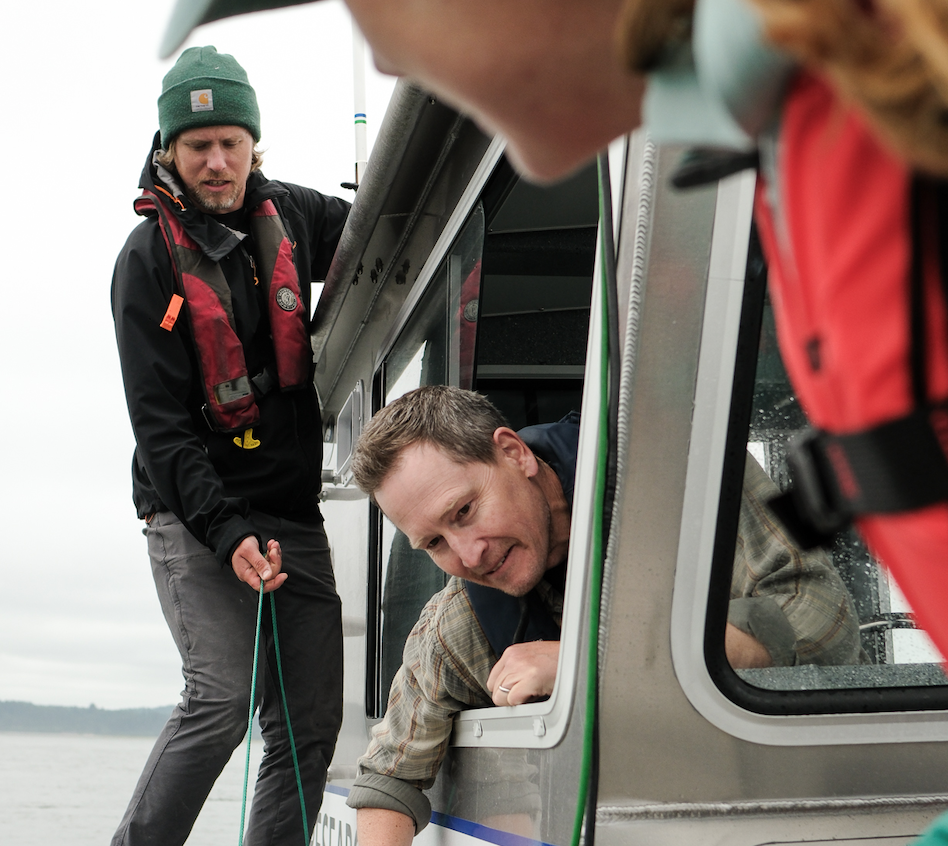Pacific County Law & Order: Sheriffs and police chiefs working together for you
Published 5:00 pm Tuesday, September 18, 2007
As Sheriff, I belong to an organization that is unique to our state, WASPC (Washington Association of Sheriffs and Police Chiefs). There are no other states where such an all-encompassing law enforcement organization exists. Washington State law recognizes WASPC as a “combination of units of local government.” It’s much more than a police forum however, and has been serving the law enforcement community and the citizens of Washington state for more than 30 years.
Trending
The mission of WASPC is to provide support and networking for Washington’s law enforcement executives at local, state and national levels. We focus legislatively to influence and create law and public policy that is beneficial to the safety of our citizens.
WASPC is governed by an executive board. The board is inclusive of city, county, tribal, state and federal law enforcement in Washington and is comprised of: President Richard Lathim, Sheriff, Franklin County; President Elect Colleen Wilson, Chief, Port of Seattle; Vice President, me, Sheriff, Pacific County; Past President Randall Carroll, Chief, Bellingham; Treasurer Bruce Bjork, Chief, Washington Fish and Wildlife; Chief Scott Smith from Mountlake Terrace; Chief Tom Schlicker of Swinomish; Marshal Mike Kline, U.S. Marshals, ED-WA; Chief John Batiste, Washington State Patrol; Chief Samuel Granato, Yakima; Sheriff Mike Humphreys, Walla Walla County; Sheriff Mike Harum, Chelan County; Sheriff Sue Rahr, King County; SAC Laura Laughlin, FBI in Seattle; Executive Director Donald Pierce.
We meet quarterly and discuss a variety of issues. These meetings are a great forum for issues to be discussed and vetted. As you can see from the make-up of the board, a wide perspective is virtually guaranteed.
Trending
I’ve done my best over the years to provide a small agency, rural county viewpoint. If you target goals that benefit only large, urban areas sometimes the results are devastating to small agencies. We aim to create strategies, policies and services that find a balance in strengthening our efforts for all our member agencies.
All of our command staff are heavily involved as well, working hard for you. Undersheriff Ron Clark has had much positive input in the development of the new WASPC model policy for registered sex offenders for all law enforcement agencies in our state. Jail inspector Steve Sultemeier is on numerous WASPC committees and has testified for and developed legislation that improved correction officer safety and the housing of mentally ill offenders in local jails. Stephanie Fritts, emergency management director and E911 supervisor provides valued advice regarding the use of Homeland Security funding and 911 issues and has testified before both our state legislature and our congress. Chief Civil Deputy Debbie Allison closely monitors our WASPC grant funding that helps stretch local tax dollars, and provides valuable expertise on proposed civil legislation.
One of the items discussed at our last WASPC meeting was a law passed last session mandating the exercise of the school-mapping project. WASPC had lobbied the legislature and congress successfully for funding to map all the schools in Washington. We’ve finished all the high schools and are working on elementary schools and private infrastructure.
The idea is to create a database of school building plans, pre-staged assembly and traffic control points, and command post locations to enhance a quick, effective response to school-based incidents. We’ve mapped all the schools in our county and conducted a high-risk entry training for all agencies provided by the Douglas County SWAT team at Valley High School and conducted a tabletop exercise at Naselle High School several years ago. It’s time to update and train with our new technology.
I’ve spoken with Chief Wright and Superintendent Rainer Houser of Ocean Beach School District and we are discussing a combined training exercise to familiarize our staff with a school response scenario, hoping that we will never use it in real life. Perhaps discussing and training with school administrators will help prevent an incident, but I feel strongly that we must do everything we can to prepare.









